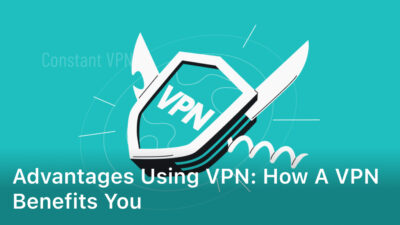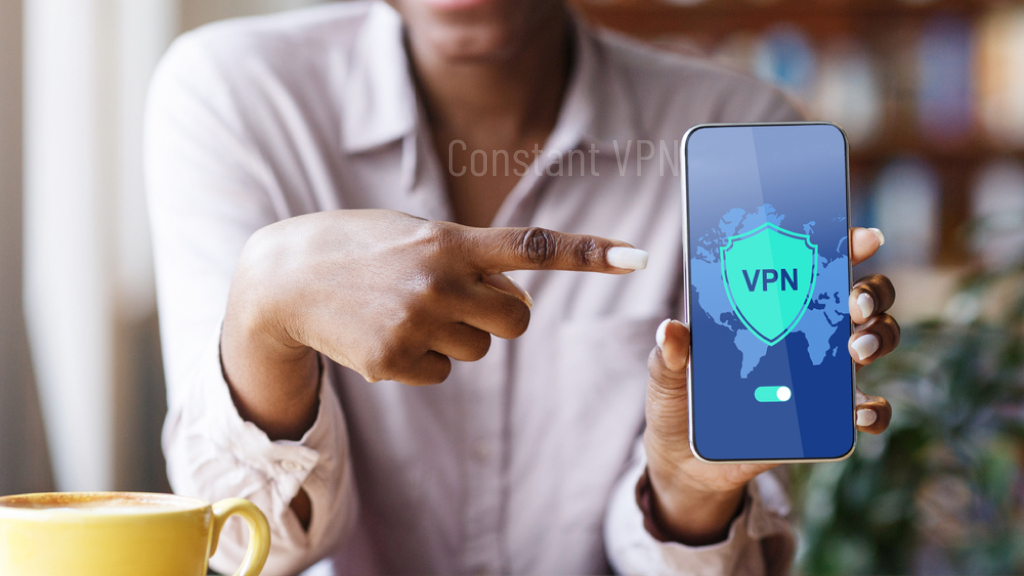Advantages Using VPN: How a VPN Benefits You

In today’s digital age, where privacy and security concerns loom large, Virtual Private Networks (VPNs) have emerged as indispensable tools for safeguarding online activities. This article delves into the numerous advantages of using a VPN and how it can significantly benefit users in various aspects of their online experience.

What is a VPN?
A VPN, or Virtual Private Network, is a technology that establishes a secure and encrypted connection over the internet, enabling users to transmit data securely and anonymously. It creates a private network from a public internet connection, allowing users to browse the web privately and securely.
How does a VPN work?
VPN works by routing your internet connection through a remote server run by a VPN provider. This process encrypts your data and hides your IP address, making it difficult for hackers, ISPs, or government agencies to monitor your online activities.
Types of VPNs
There are several types of VPNs, including remote access VPNs, site-to-site VPNs, and mobile VPNs, each catering to different user requirements and preferences.
Advantages of Using VPN
Enhanced Security
One of the primary advantages of using a VPN is enhanced security. By encrypting your internet traffic and masking your IP address, VPNs protect your data from potential cyber threats such as hacking, identity theft, and phishing attacks.
Privacy Protection
VPN ensures privacy protection by hiding your online activities from prying eyes, including your ISP, advertisers, and government agencies. It prevents them from tracking your browsing history and collecting personal information.
Bypassing Geo-Restrictions
VPN allows users to bypass geo-restrictions and access content that may be blocked in their region. By connecting to a server in a different location, users can unlock restricted websites, streaming services, and online content.
Anonymity Online
Using a VPN enables anonymity online by masking your real IP address with that of the VPN server. This prevents websites and online services from tracking your location and identifying your identity.
Preventing Bandwidth Throttling
VPN can prevent bandwidth throttling imposed by ISPs, which often occurs when streaming or downloading large files. By encrypting your internet traffic, VPNs hide your online activities from your ISP, ensuring consistent internet speeds.
Secure Remote Access
VPNs provide secure remote access to corporate networks and resources, allowing employees to work remotely without compromising security. It establishes a secure connection between the user’s device and the corporate network, protecting sensitive data from interception.
Safe Public Wi-Fi Usage
When connecting to public Wi-Fi networks, VPNs provide an extra layer of security by encrypting your data and protecting it from potential hackers lurking on the same network.
Data Encryption
VPN encrypts your internet traffic, making it unreadable to anyone attempting to intercept it. This ensures the confidentiality and integrity of your data, especially when transmitting sensitive information such as passwords or financial details.
Access to Blocked Content
VPN allows users to access blocked or censored content in countries with strict internet regulations. By connecting to a server in a different location, users can bypass censorship and access the content they desire.
Torrenting Safely
VPNs enable safe and anonymous torrenting by masking your IP address and encrypting your torrenting traffic. This protects you from copyright trolls and legal repercussions while downloading or sharing files via torrenting clients.
Conclusion
In conclusion, the advantages of using a VPN are numerous and varied, ranging from enhanced security and privacy protection to bypassing geo-restrictions and accessing blocked content. Whether for personal or professional use, VPNs offer invaluable benefits in today’s interconnected digital landscape.
FAQ
Is using a VPN legal?
Yes, using a VPN is legal in most countries, but it’s essential to abide by local laws and regulations regarding online activities.
Can I use a VPN for streaming?
Yes, VPNs are commonly used for streaming to bypass geo-blocks and access content from different regions.
Are free VPNs safe to use?
While some free VPNs may offer basic security features, they often come with limitations and risks such as data logging and slower speeds.
Do VPNs slow down internet speed?
VPNs may cause a slight decrease in internet speed due to encryption and routing processes, but reputable VPN providers strive to minimize this impact.
Can I use a VPN on multiple devices?
Yes, most VPN providers offer multi-device support, allowing users to protect multiple devices simultaneously with a single VPN subscription.